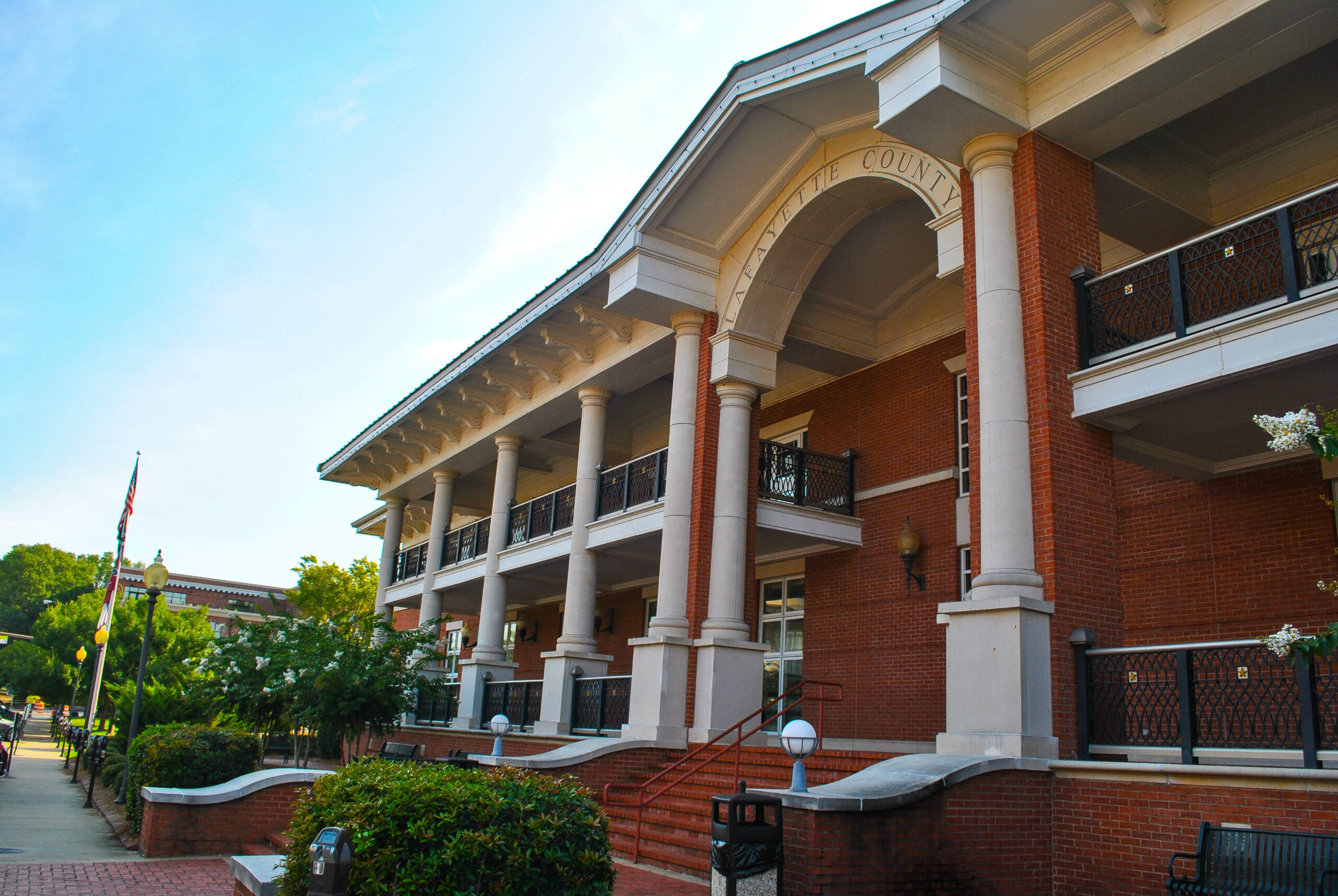Featured
Lynching Marker Tabled After Supervisor Objects to One Name
The Lafayette County Board of Supervisors tabled approving a marker to be placed on the grounds of the Lafayette County Courthouse that notes the seven known instances of lynching in the county after one supervisor said he wanted one of the names taken off of the marker.

The Lafayette County Board of Supervisors tabled approving a marker that notes the seven known instances of lynching in the county after one supervisor said he wanted a name taken off of the marker.
In 2019, the Board was approached by members of the Lynching Memorialization in Lafayette County Project Committee who asked to have the marker placed on the Courthouse lawn. The Board approved the project on the condition that the Mississippi Department of Archives and History approved the placement since the Courthouse is a historic site. The Board also asked the group to tweak some of the wording on the marker.
On Monday, representatives returned before the Supervisors with approval from the MDAH and with the recommended changes to the wording.
“All that’s left to do is for Supervisor Mike Roberts to sign,” said April Grayson, one of the committee members.
Supervisor David Rikard said he was “all for” the marker; however, he said there was one name on there that he wanted to be removed due to the nature of the crime the man allegedly committed.
Rikard said he didn’t remember the name offhand, but that he read an old newspaper article that said the man was caught in the act of killing a woman and almost killing the woman’s daughter.
“I don’t want someone like that to be memorialized,” he said. “As soon as you put these names on the marker, they will be memorialized,” Rikard said. “The other cases have more questionable accounts, but this one case, I just can’t agree to memorialize something so horrific.”
Grayson explained that since the man was lynched by a mob, there was no trial and no facts presented. She said the purpose of the marker was not to glorify anyone but to tell the history of what happened.
The Rev. Duncan Gray III said the men who were lynched might have been guilty “as sin” or innocent of the crimes they were accused of, but due to the lynchings, there is no way to know.
“The mobs took it into their own hands,” he said. “This isn’t about whether these men were sinners or saints. We have no account, no witnesses. There was a lack of process.”
Rikard said he wanted to meet with the committee to further discuss the marker and hopefully come to an understanding.
“We are always open to having a conversation,” Grayson said. “But I don’t know if taking a name off… I don’t know I can make that promise. It’s history. It happened. We have to tell the whole story.”
Grayson said she didn’t believe the Equal Justice Initiative, which is funding the marker, would approve the marker if a name was removed.
“There was a pattern of using lynching to terrorize black communities, and sometimes that included accusations of men who did nothing wrong,” she said. “None of us know the whole truth of whether he did what he was accused of.”
Gray told the Supervisors that the lynching of seven men is part of Lafayette County’s history, and regardless of how painful it is, it can’t be changed.
“We can’t erase things that happened, or we will do what you justified as the reason on holding on to the (Confederate) statue,” Gray said. “It happened. It’s history.”
Rikard and the committee agreed to meet before the next Board of Supervisor’s meeting and report back on Dec. 21.
After the discussion, the Board approved a police officer memorial monument from CRIMESTOPPERS to be placed on the Courthouse lawn, after it too received approval from the MDAH. The Board then subsequently voted to place a moratorium on future memorial markers on the Courthouse lawn, excluding the marker presented by the Lynching Memorialization in Lafayette County.




























